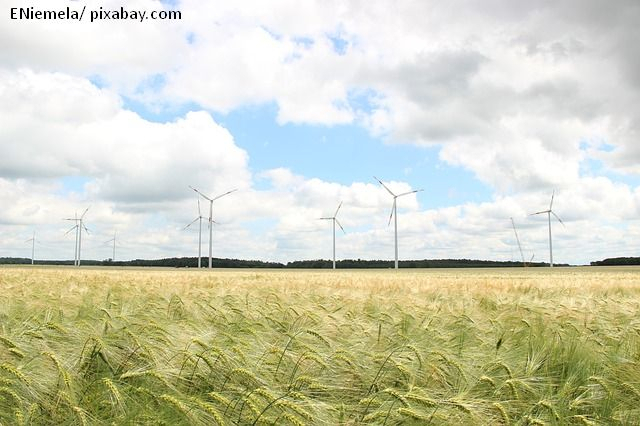The European Parliament and green energy
European Parliament adopts RePowerEU plan to help member states improve their energy sectors.

Leyla Cheamil, 15.02.2023, 13:50
The European
Parliament has adopted by a large majority the RePowerEU plan, under
which the community bloc is granting non-reimbursable funds to member
states to improve their energy sectors. Worth a total of
20 billion euros, the RePowerEU plan aims to reduce energy dependency
on Russia and step up the transition to green energy, while enhancing
the resilience of the European Union’s energy system.
Each member
state will have access to these funds provided they implement the
objectives laid down in this new European law. These refer to the
diversification of energy supply sources, improvements to reduce
energy consumption, and stepping up the transition to green, clean
and cheap energy. The members of the European Parliament convinced
member states to channel at least 30% of the funds obtained through
RePowerEU to national or multinational projects that address existing
disruptions with regard to transport, distribution and storage of
energy, as well as the increase in cross-border flow. Last but not
least, MEPs made sure that the measures support investments aimed at
combating energy poverty in the case of vulnerable households, small
and medium sized businesses and micro-enterprises.
Romania is to
benefit from 1.4 billion euros to fund energy projects, funds
available to spend by 2026. The government in Bucharest must submit
for approval by the European Commission its own investment project by
30th April at the latest. The Romanian MEP Siegfried
Mureşan, a co-rapporteur for the European Parliament on this
project, explainedthat
as
soon as the plans of member states are approved, the latter will
receive pre-funding of 20% from the Commission, which in Romania’s
case will amount to some 280 million euros. Another Romanian MEP and
also a co-rapporteur Dragoș Pîslaru said
the plan could help Romania boost its green energy capacity through
large scale projects such as wind farms. He added that RePowerEU has
achieved something revolutionary by ensuring micro-investments to
reduce energy bills for vulnerable end users and entrepreneurs. He
said the funds can also be used to modernise individual homes. In
Romania we have five million individual homes in a high degree of
deterioration and with major energy efficiency problems, Dragoș
Pîslaru said, adding that RePowerEU can achieve something historic
if just 10% of these homes can be brought in line with modern
standards. (CM)






























